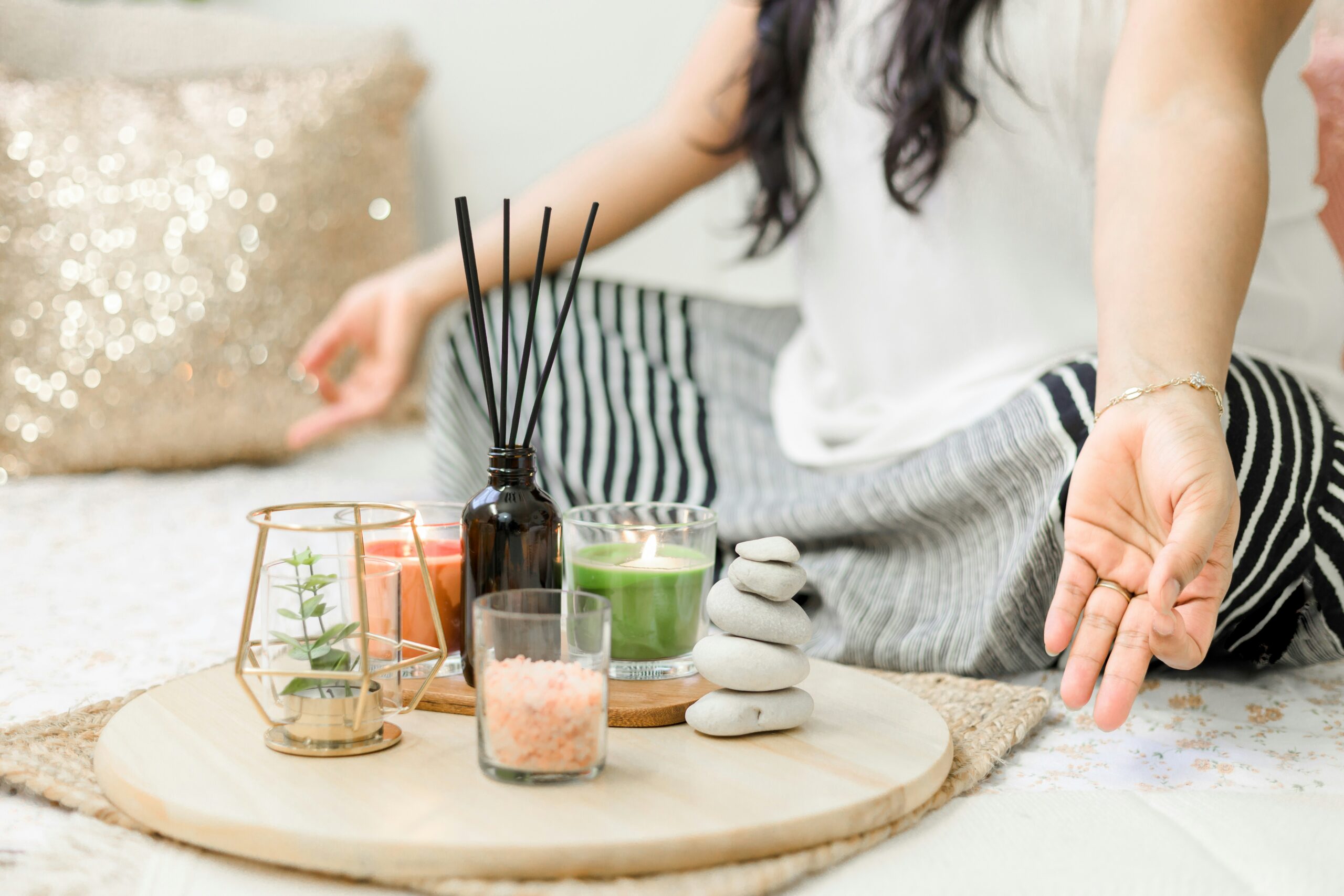
Practicing Self-Care for Optimal Well-Being

Self-care is a term that has gained significant popularity in recent years, and for good reason. It refers to the intentional actions we take to care for ourselves physically, emotionally, and mentally. While it may seem like a simple concept, practicing self-care is crucial for our overall well-being, happiness, and health.
The Significance of Self-Care
Self-care is not just about pampering ourselves or indulging in occasional treats. It is about recognizing and fulfilling our fundamental needs as human beings. When we prioritize self-care, we are acknowledging that our well-being is essential and that we deserve to be taken care of.
By practicing self-care, we create a solid foundation for happiness and health. It allows us to recharge, rejuvenate, and restore our energy levels. It also helps us manage stress, reduce the risk of burnout, and improve our overall quality of life.
Differentiating between Physical, Emotional, and Mental Self-Care
Self-care can be categorized into three main areas: physical, emotional, and mental. Each aspect is equally important and contributes to our overall well-being.
Physical self-care involves taking care of our bodies through activities such as regular exercise, nourishing our bodies with healthy food, getting enough sleep, and practicing good hygiene.
Emotional self-care focuses on nurturing our emotional well-being. This can include engaging in activities that bring us joy, spending time with loved ones, practicing mindfulness or meditation, and seeking support when needed.
Mental self-care is about maintaining a healthy mindset. This can involve engaging in activities that challenge and stimulate our minds, such as reading, learning new skills, practicing gratitude, and seeking therapy or counseling if necessary.
Practical Self-Care Tips
Here are some practical self-care tips that can help nourish your body, mind, and soul:
- Establish a daily self-care routine: Set aside specific time each day for self-care activities that align with your needs and preferences. It could be as simple as taking a walk in nature, journaling, or practicing a hobby you enjoy.
- Practice mindfulness: Take a few minutes each day to focus on the present moment. Engage in deep breathing exercises, meditate, or simply observe your surroundings without judgment.
- Prioritize sleep: Ensure you are getting enough sleep each night to allow your body and mind to rest and rejuvenate. Create a relaxing bedtime routine and make your sleep environment conducive to quality sleep.
- Move your body: Engage in regular physical activity that you enjoy. It could be going for a walk, practicing yoga, dancing, or any other form of exercise that gets your body moving.
- Nourish your body: Pay attention to your nutritional needs and fuel your body with healthy, balanced meals. Stay hydrated by drinking enough water throughout the day.
- Set boundaries: Learn to say no to activities or commitments that drain your energy or do not align with your priorities. Establish healthy boundaries to protect your time and well-being.
- Connect with loved ones: Spend quality time with family and friends who uplift and support you. Engage in meaningful conversations and foster deep connections.
- Engage in activities you love: Make time for hobbies and activities that bring you joy and fulfillment. Whether it’s painting, gardening, playing an instrument, or any other passion, indulge in activities that make you happy.
- Seek support when needed: Reach out to trusted friends, family members, or professionals when you need support or guidance. Asking for help is a sign of strength, not weakness.
Prioritizing Self-Care for Happiness
It is essential to prioritize self-care as an integral part of our lives. By making self-care a priority, we are investing in our own happiness and well-being. When we take care of ourselves, we are better equipped to handle life’s challenges, be present for others, and lead a fulfilling life.
Remember that self-care is not a one-time event or a luxury reserved for special occasions. It is an ongoing practice that requires consistency and commitment. Start small, be kind to yourself, and gradually incorporate self-care activities into your daily routine.
The Transformative Effects of Self-Care
Practicing self-care can have transformative effects on our overall well-being. When we prioritize self-care, we experience increased self-awareness, improved self-esteem, and a greater sense of fulfillment. We become more resilient in the face of challenges and better equipped to manage stress.
By taking care of ourselves, we are nurturing the most important relationship we will ever have—the one with ourselves. When we prioritize self-care, we are sending a powerful message that we are deserving of love, care, and happiness.
In conclusion, self-care is not selfish; it is necessary. By practicing self-care, we are investing in our own well-being, happiness, and health. So, let us make self-care a priority and reap the transformative benefits it offers.

















